With ‘Delhi Galiyara’, city women step closer to equality
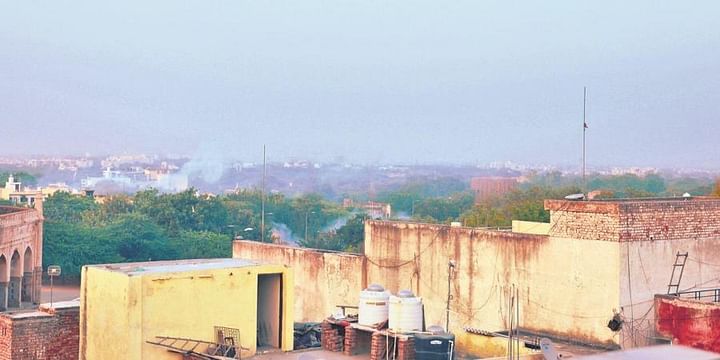
17/02/2022 | The New Indian Express
How not to build a capital: what Indonesia can learn from other cities’ mistakes
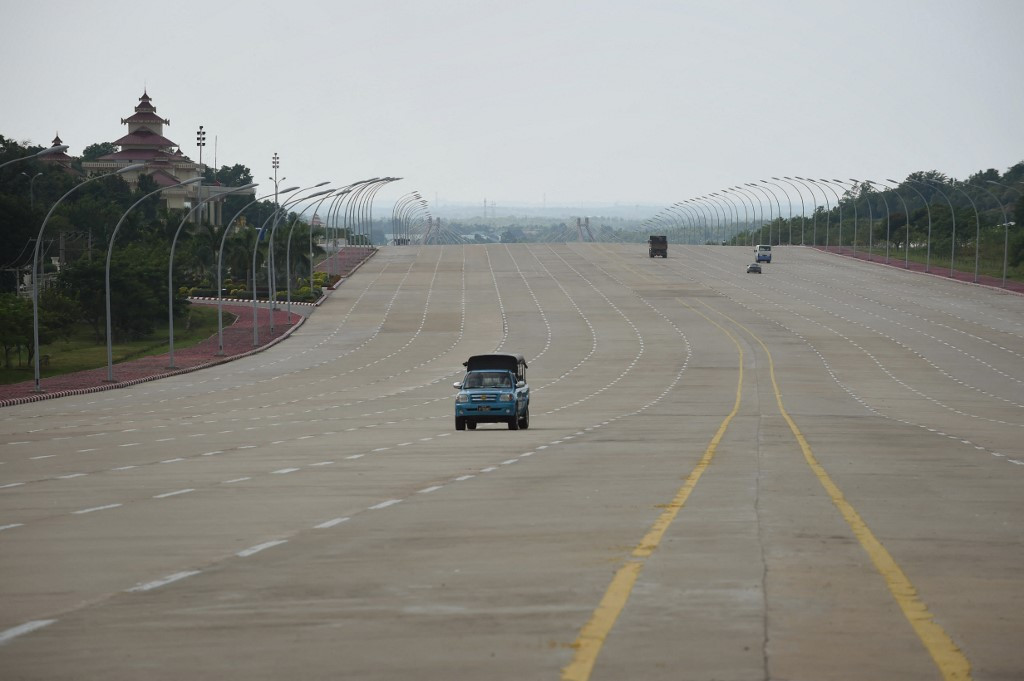
16/02/2022 – The Jakarta Post
Cities through a ‘gender lens’
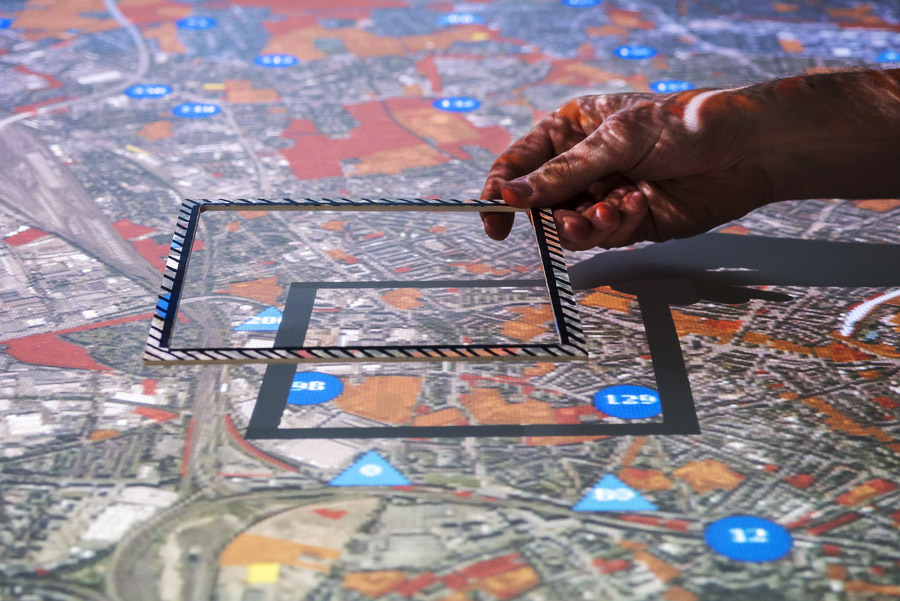
16/02/2022 – URBACT
Acton’s latest acquisition hints at the future of docked micromobility
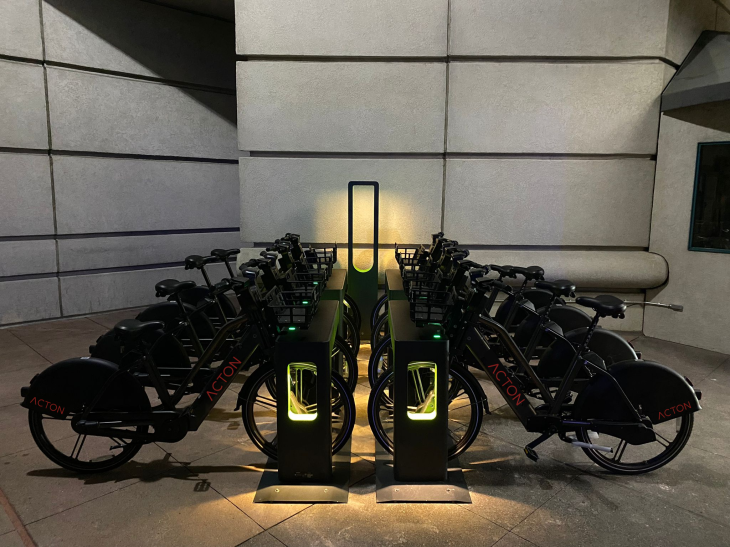
15/02/2022 – Tech Crunch
Creating a mission-driven culture of innovation

15/02/2022 – Fast Company
Earthship construction: The key aspects of these homes made from recycled materials
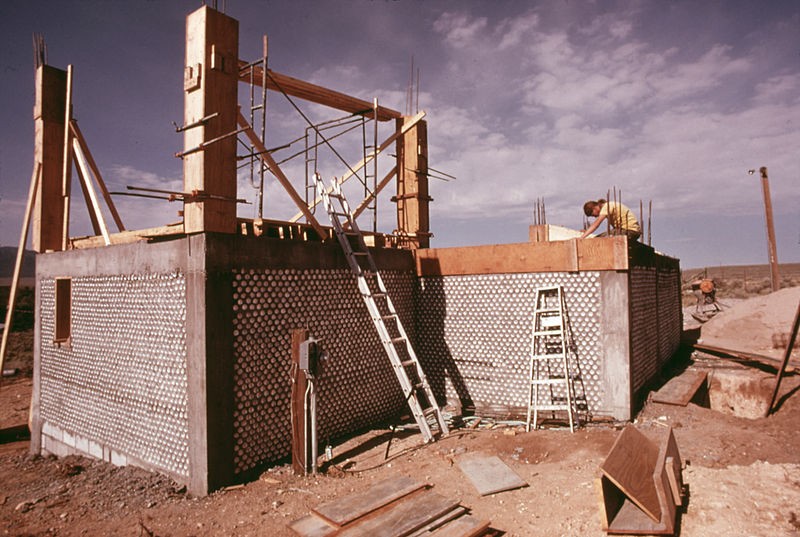
Earthships, these low-rise, single-story structures developed in the United States during the 1970s, gained popularity towards the end of the 20th century thanks to the growing interest in low-impact building techniques. Despite the fact that under current standards, the model cannot be considered sustainable architecture, many of its original ideas can be found in bioclimatic architecture.
Can Smart Cities Be Inclusive?
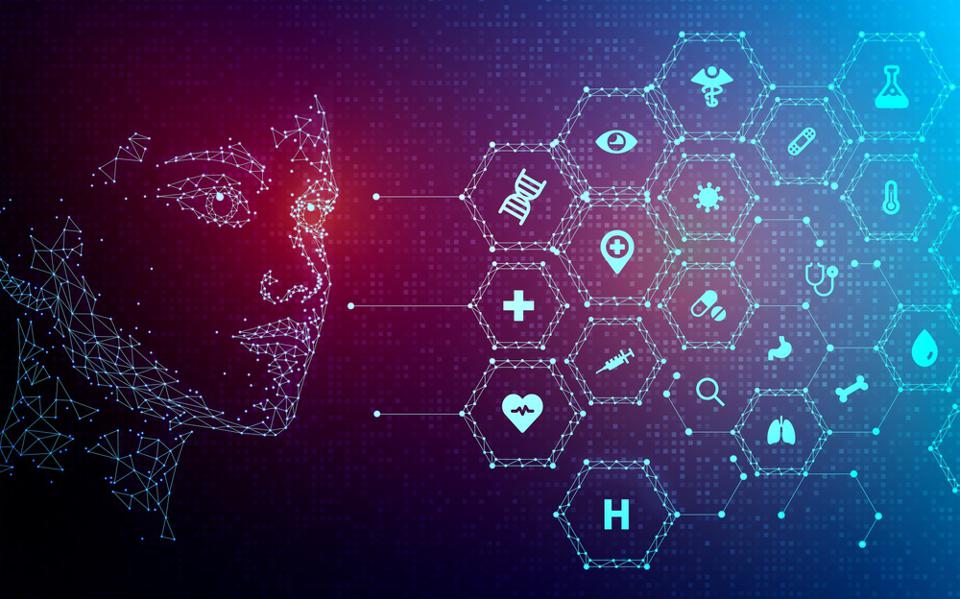
12/02/2022 – Forbes
How not to build a capital: what Indonesia can learn from other master-planned cities’ mistakes
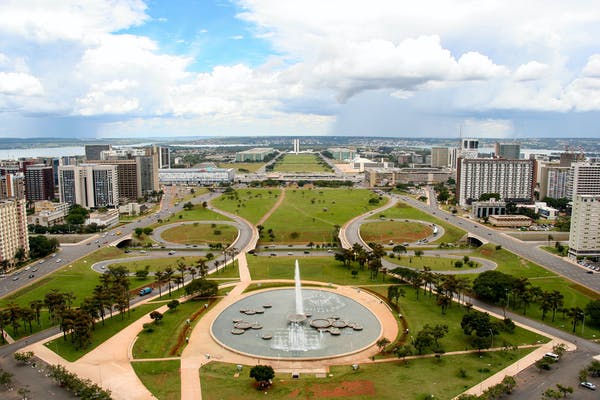
14/02/2022 – The Conversation
Tactical Urbanism: The Street

13/02/2022 – Floor Nature
Women in construction Equal builders

12/02/2022 – The Peninsula